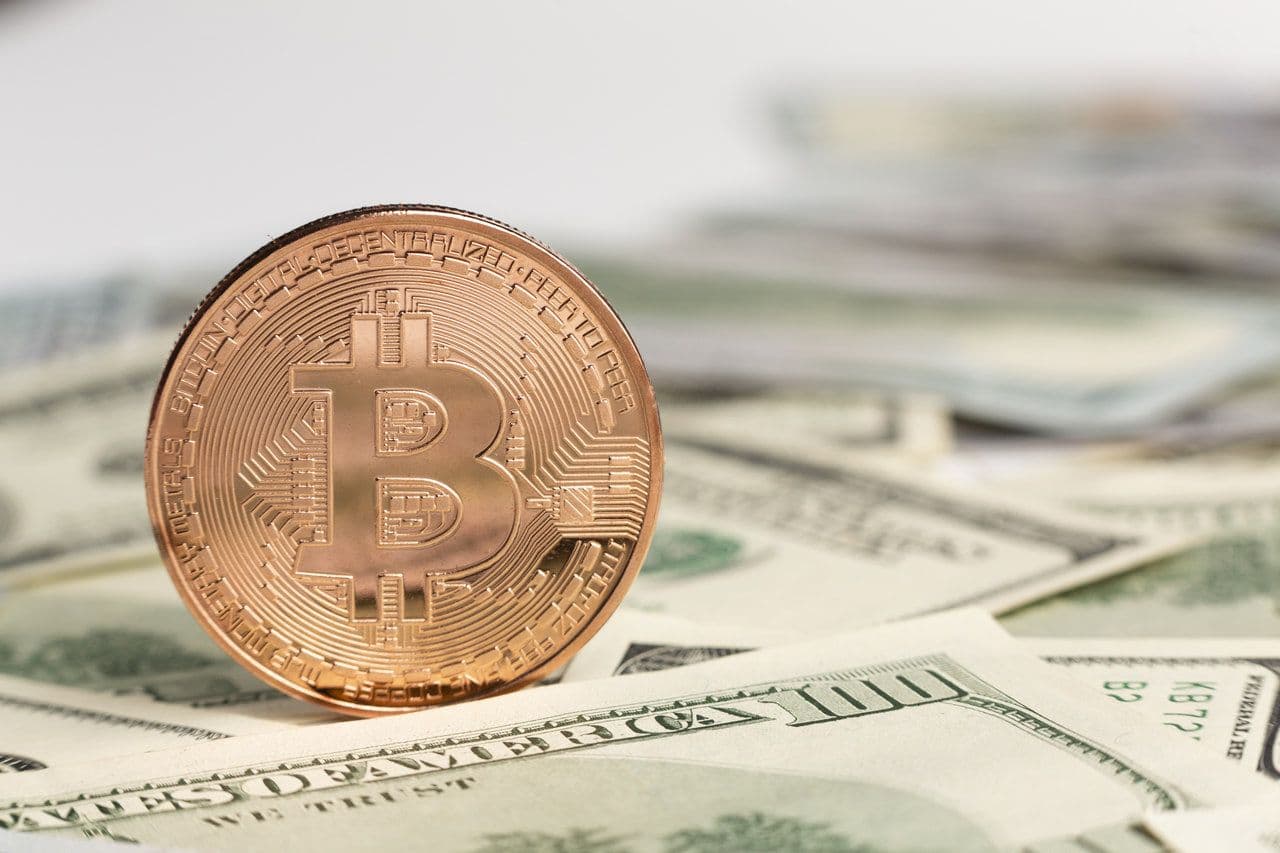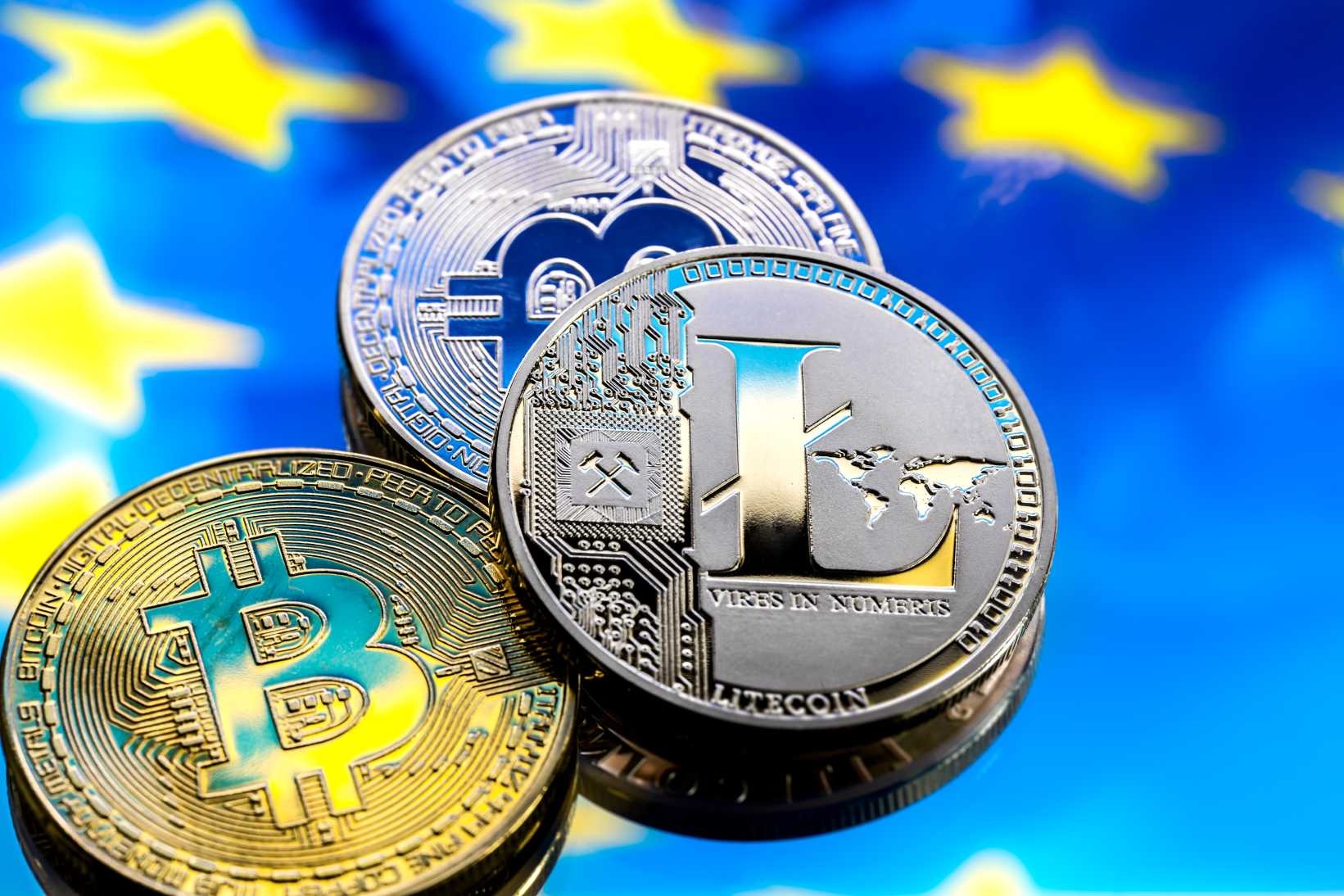International Crypto Standards: Will They Come From the Community or Governments?
The crypto space has blown up in recent years, offering over 2,000 coins along with numerous blockchains. The number of trading platforms and crypto exchanges is constantly on the rise – and all of them answer to competing needs and […]

The crypto space has blown up in recent years, offering over 2,000 coins along with numerous blockchains. The number of trading platforms and crypto exchanges is constantly on the rise – and all of them answer to competing needs and values. While this abundance is one of the key driving forces behind innovation in the crypto sphere, it arguably acts as a hindrance to widespread adoption, because of the lack of universal standards.
Regulatory uncertainty is the prime cause of the delay in cryptocurrency adoption in spite of numerous attempts to resolve this issue, especially in the last year. Different groups that were set up to solve these problems tried to work it out separately, with some of them trying to create international standards regarding the way platforms are run, while others tried to do the same on the national level. Groups such as Global Digital Finance have rallied the idea of fostering universal standards on how crypto platforms are run, just as groups like the Blockchain Association and CryptoUK are turning their attention to national standards.
Recently, however, opinions have come up that put forward the theory that Cryptocurrencies cannot be standardized in the first place and that making it standard might also prevent innovation, which is yet another concern of regulators.
GDF’s function
The Global Digital Finance’s executive director Teana Baker-Taylor, recently stated that the organization is focusing resources “to demonstrate that self-governance and driving best practice is critical for the industry’s consumers and their confidence in crypto assets, as the sector continues to mature, and in concert with developments in regulation.”
Simply put, the GDF wants to create voluntary guidelines, as well as codes of conduct for various aspects of the crypto space, including wallet providers, token sales, rating sites, crypto exchanges, and finally — cryptocurrencies themselves. The association already has a lot of well-known names on its list of members, including Circle, R3, Diginex, Coinbase, ConsenSys, and others. In addition, it was confirmed that the London based organization has already contacted public institutions and relevant lawmakers. “With over 250 individuals and firms, global regulators and policymakers have paid attention to the GDF Code and the commitment of the community, and this is an important start. Understandably, the signal from many regulators has been mixed, but most we are engaging with are supportive of maintaining an open dialogue to ensure they do not stifle this important innovation.”
Government’s Influence
The newfound interest that governments are showing is reason organizations such as FDF exists. With the help of these associations, the crypto industry itself has the opportunity to influence government policy creation. FATF (Financial Action Task Force) is one such group, originally established to put a stop to money laundering, the group has since diverted their efforts to virtual assets regulation since October. The organisations recommendations from October says: “The FATF Recommendations require monitoring or supervision only for the purposes of AML/CFT [Anti-Money Laundering/Countering Financing of Terrorism], and do not imply that virtual asset service providers are (or should be) subject to stability or consumer/investor protection safeguards, nor do they imply any consumer or investor protection safeguards.”
In other words, all monitoring of crypto-related services is done solely for AML/FFT purposes. The organization sees no reason to interfere with issues regarding crypto decentralization or volatility. That said, simply preventing crypto from being used for crime or terrorism does not seem to be enough for some government agencies. Felix Hufeld — the chairman of the German Federal Financial Supervisory Authority (BaFin) — stated in October the importance of global standards, “The number (of ICOs) and the volume (of money) per ICO are both getting higher. Investors have mostly minimal rights.”
From the Roots
CryptoUK was established with the aim of producing self-regulatory standards for the United Kingdom’s cryptocurrency industry. But its chairman, Iqbal V. Gandham, has said that the organization is very interested in getting involved globally. “CryptoUK’s focus since our launch earlier this year has been on the U.K. — securing proportionate regulation here is our priority, but we support collaboration on regulatory approaches internationally, in particular learning the lessons — both good and bad — from other jurisdictions.”
While it is a slow process, numerous crypto-based firms operating in the national level are already showing signs of willingness to cooperate with others on developing such standards.
Will The Introduction Of Standards Hamper Innovation?
The executive director of Global Digital Finance does not think so: “In many industries, regulation and standards are seen as stifling innovation. However, in the crypto-assets market, regulatory and legal ambiguity poses challenges for growth. Clarity around the ‘rules of the road’ will better enable innovators to access new ways of accessing global capital and support emerging nascent business models with greater confidence.”
Follow us on Twitter, Facebook, Steemit, and join our Telegram channel for the latest blockchain and cryptocurrency news





























